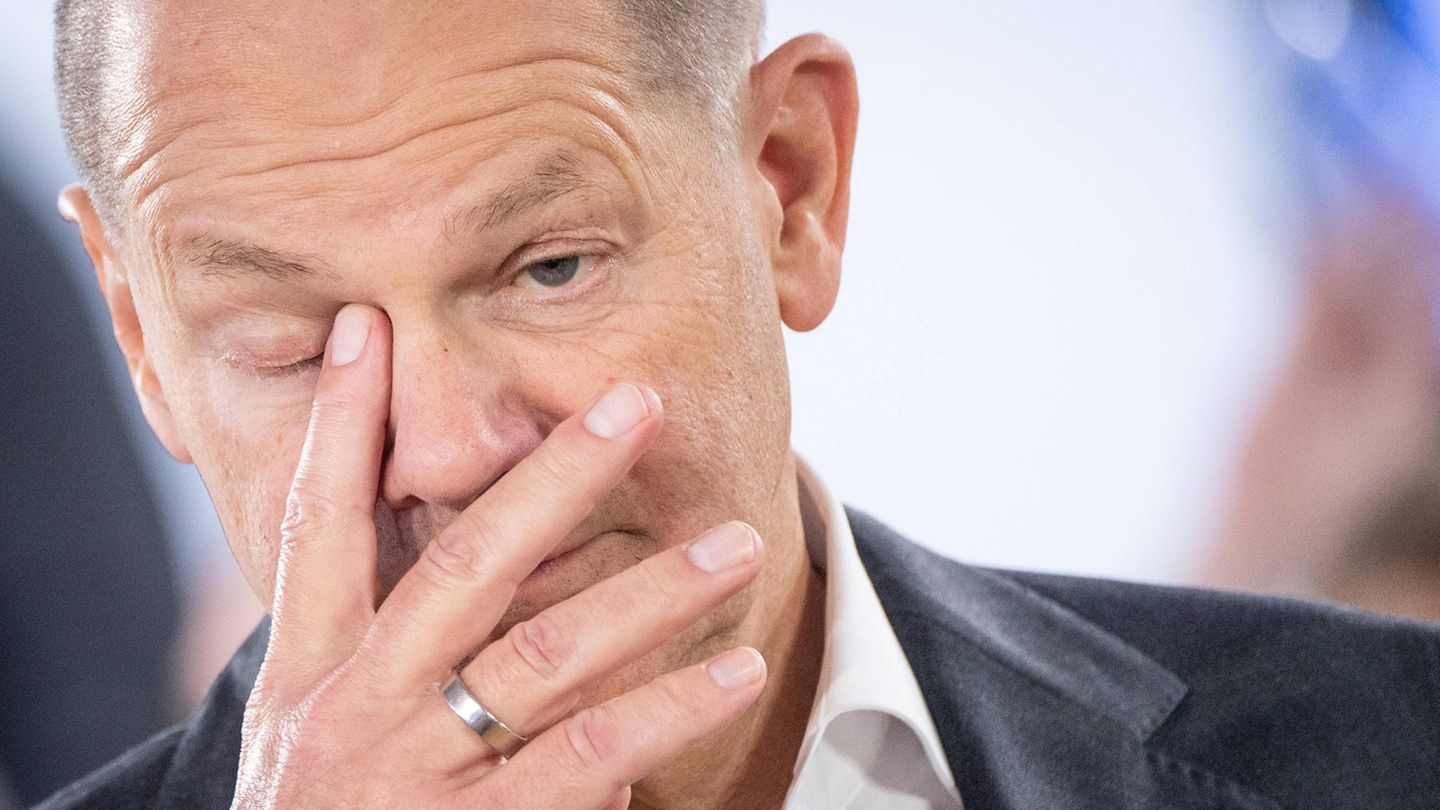interview
The economy is in crisis, contributions are rising. What to do? Political scientist Anke Hassel thinks that drastic reform will have to take place soon.
The economy is slowing down, social contributions could rise more next year than they have in 20 years. Back then, in the early noughties, he saw himself SPD-Chancellor forced to make a radical change of course. Is a new Agenda 2010 needed today?
In the foreseeable future there will have to be a liberation. We are coming from a good phase in which the economy and the labor market have developed positively. Then came two massive shocks to the economy: the Covid shock and the energy shock. Now economic output has fallen twice in a row.
And that makes the situation so dramatic that reforms are needed that are just as drastic as those back then?
The situation is bad. There is no need for Agenda 2010, the year 2010 would now be looking into the past. But I believe that there will be some kind of Agenda 2030. The only thing that remains unclear is when exactly it will come – whether next year or in the next three to four years.

© Hertie School
is a professor at the Hertie School in Berlin and is primarily concerned with the areas of labor market, social partnership and economic policy. She also regularly advises politicians. Most recently she edited the book “Growth and Welfare in Advanced Capitalist Economies.”
What does it depend on?
We don’t know how quickly things will get worse now. Before Agenda 2010, the problems had accumulated over a long period of time: the shock to the German economy occurred in the years after reunification. Due to the reorganization of the labor markets in East Germany, debts have accumulated, unemployment has risen sharply, and the economy has not grown as hoped. It took around ten years for politicians to come to the conclusion that something had to change radically.
Similar to back then, we still have a sluggish economy today, rising unemployment figures and increasing budget difficulties. But the underlying problems are different. Today, Germany’s competitiveness is suffering from high energy prices and China’s changing role. Added to this is the pressure to decarbonize due to climate change. The decisive factor against the current crisis is investment in infrastructure, in company innovation and in research.
That shouldn’t be possible with the debt brake.
There must be an adaptation. I assume that a new government will quickly address this next year. More financial flexibility is needed, and that can only be achieved by changing the debt brake.
CDU leader Merz has already announced, albeit vaguely, an “Agenda 2030” – does he also mean a change to the debt brake? So far he speaks against her.
In the end it would probably come down to this. The discussion has also been taking place in the CDU for a long time: the CDU prime ministers in the countries that suffer from the debt brake are calling for practically all changes to the instrument.
“Rising contributions are danger”
It almost looks as if Chancellor Scholz even runs in the opposite direction today: he and his SPD absolutely want to push through the pension package, which would also increase the pension contributions.
In fact, rising social security contributions are a threat to economic dynamism. Germany has long had a problem with the level of social security contributions. The lower end of the labor market in particular suffers from the fact that work is taxed so heavily. If contributions to health insurance, nursing care insurance and pension insurance increase, everything comes together. That will tighten the problem.
What would help?
Structural reforms are needed in the area of social insurance. These have not been addressed in the long period of the Merkel era, nor has the traffic light dared to address them in the last three years. In pension policy, for example, other paths must be taken.
Public Finance
Taxpayers’ Association denounces: Your money is being wasted here
Which? The FDP is committed to more capital coverage in pensions.
The idea of having a certain part of the pension generated on the capital markets is correct. If you look around the European environment, the pension systems that have some funding work well, for example in the Netherlands or Sweden. However, what is now provided for in the pension package is only a very tentative attempt.
Why is that?
The SPD was traumatized in two ways under Schröder: by the Hartz reforms, which sparked huge protests, led to part of the party splitting off and ultimately even cost the Chancellor his office. But the SPD also suffered trauma from the Riester pension. It was actually supposed to initiate entry into a funded pension insurance, but it was poorly crafted. There are now a lot of pension products on the market that do not generate any returns and do not allow you to build up a capital stock in your pension. With this trauma, the issue was dead in the SPD. But of course that doesn’t solve the problem. The SPD now urgently needs more courage on the issue.
Source: Stern
I have been working in the news industry for over 6 years, first as a reporter and now as an editor. I have covered politics extensively, and my work has appeared in major newspapers and online news outlets around the world. In addition to my writing, I also contribute regularly to 24 Hours World.




